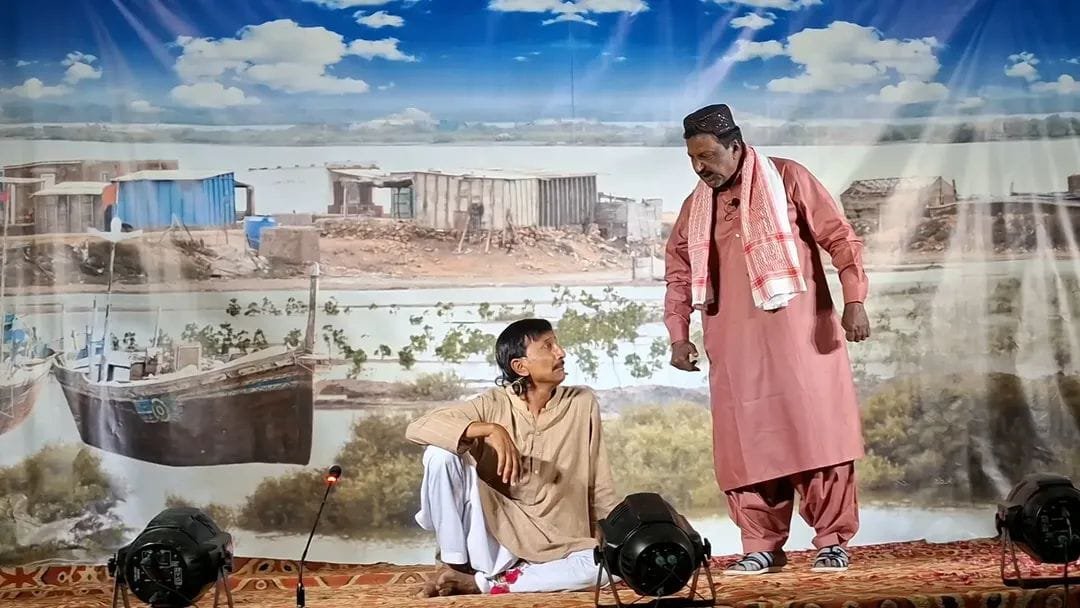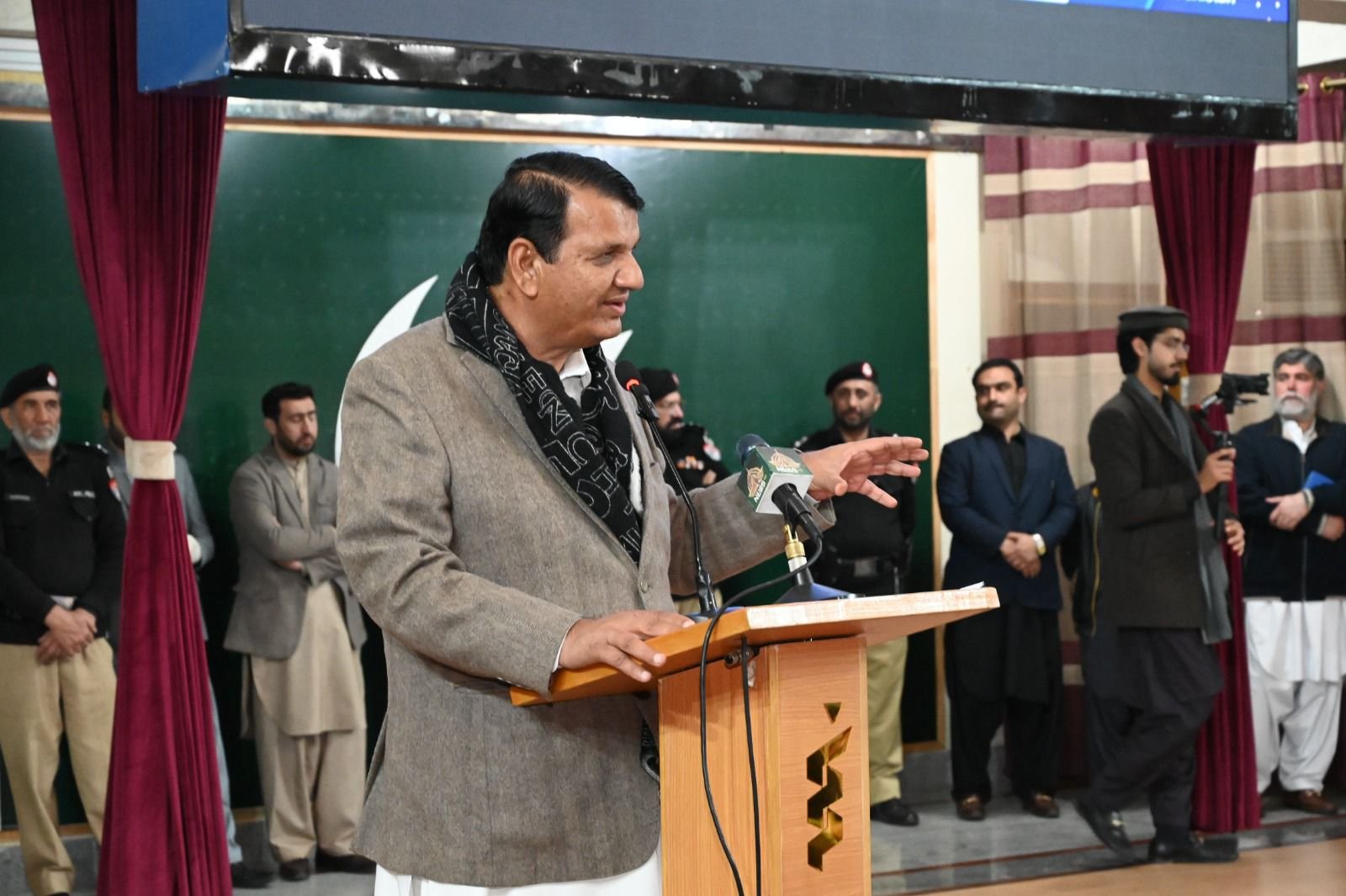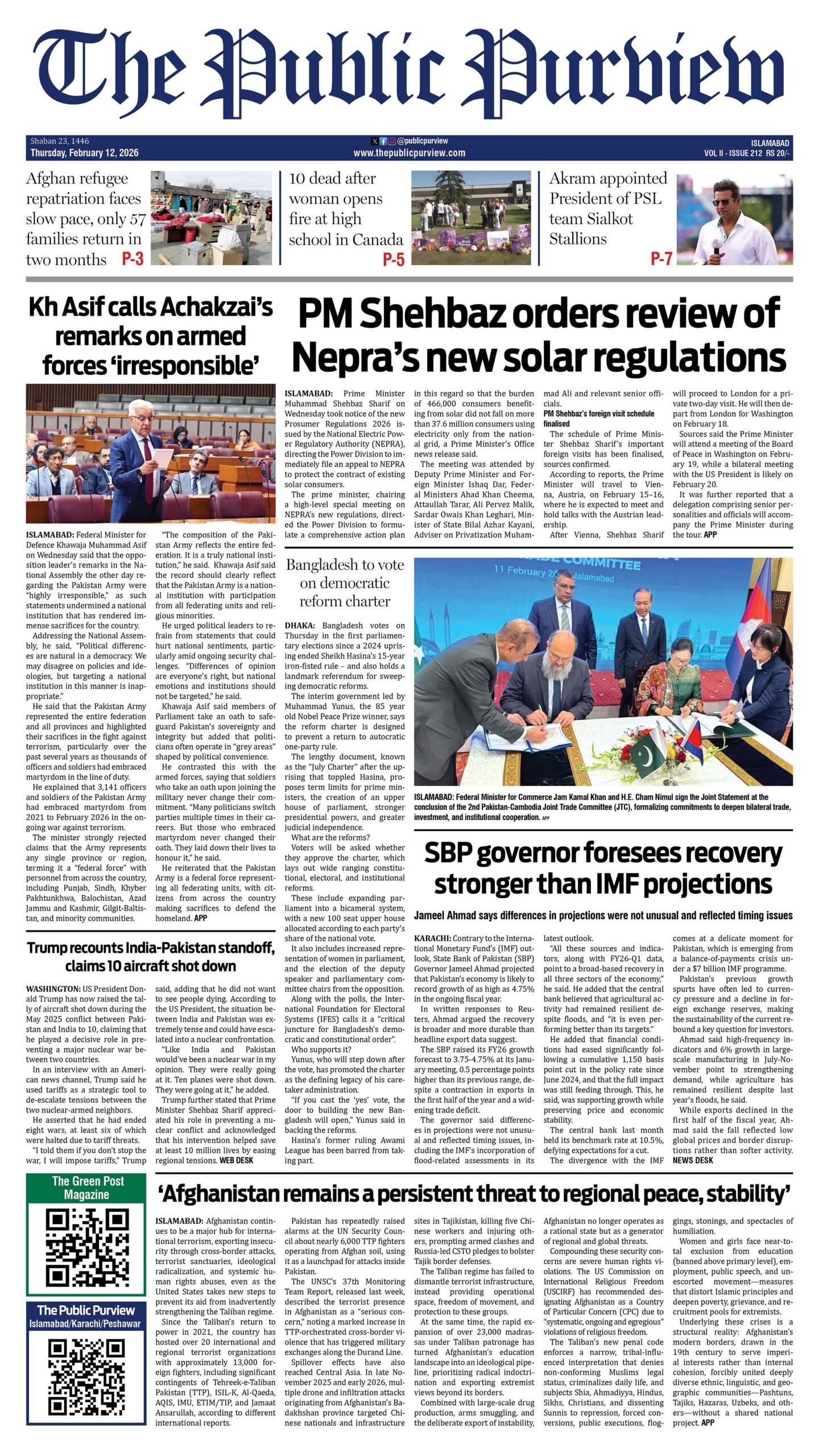The futility of conflict between India and Pakistan is evident in the catastrophic consequences that would arise from war. Decades of hostility have yielded nothing but suffering, displacement, and economic stagnation. A full-scale conflict would devastate infrastructure, cripple economies, and claim countless lives, disproportionately affecting women, children, and vulnerable populations. Moreover, a conflict between nuclear-armed nations poses an existential threat to global security.
The current India-Pakistan tension is a pressing concern, requiring effective leadership and a commitment to peace. Leaders on both sides must prioritize diplomacy and dialogue over belligerent rhetoric and militaristic posturing. By engaging in meaningful negotiations and addressing core issues, India and Pakistan can reduce tensions and work towards a more stable and peaceful relationship.
The perpetual animosity between India and Pakistan is a stark reminder of the devastating consequences of unresolved conflicts. Both nations squander resources on military build-ups and belligerent rhetoric, rather than investing in the welfare and development of their citizens. War would exacerbate poverty, hunger, and inequality, leading to unprecedented humanitarian and environmental crises.
It is imperative that leaders prioritize their citizens’ well-being and engage in peaceful dialogue. The international community must recognize the gravity of this situation and encourage both nations to prioritize diplomacy and dialogue, avoiding the catastrophic consequences of war. In this critical time, both nations should think seriously about the devastating impact of violence and prioritize the betterment of their economies and the development of their new generation. PAKISTAN PAIND BAD

DR. ALLAH BAKHSH GULSHAN DEPARTMENT OF BOTANY
GHAZI UNIVERSITY DERA GHAZI KHAN, EMAIL ID: abgulshan12@gmail.com
WhatsApp No: +923326205809






 Today's E-Paper
Today's E-Paper